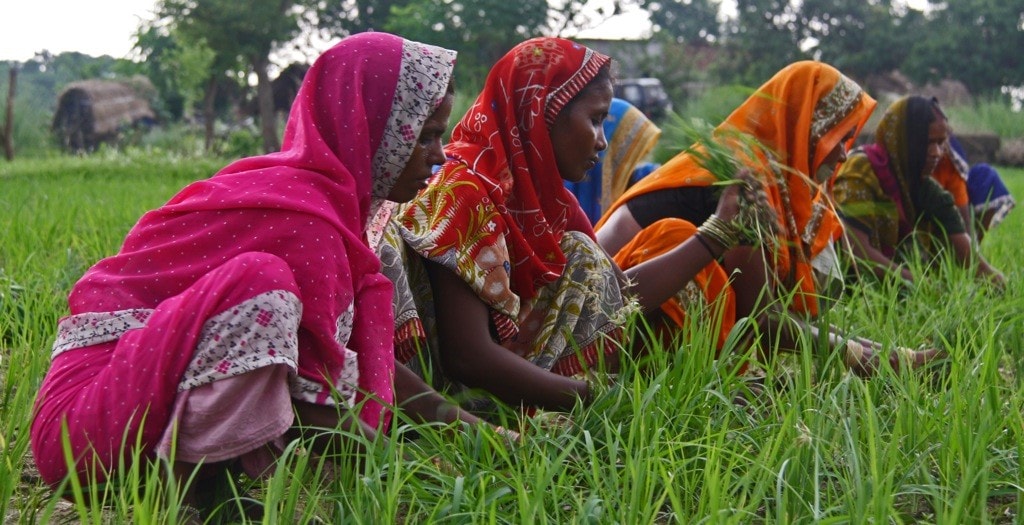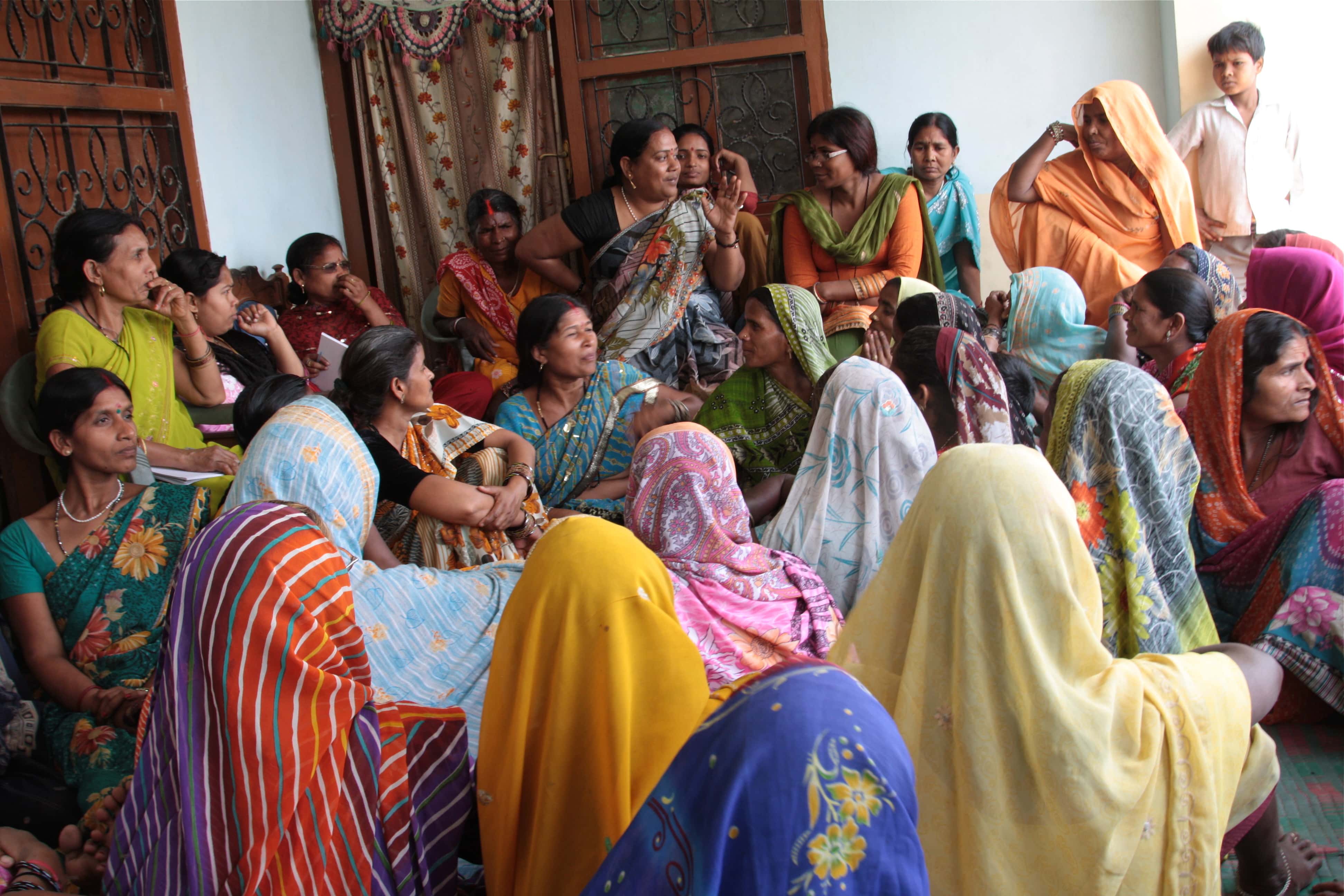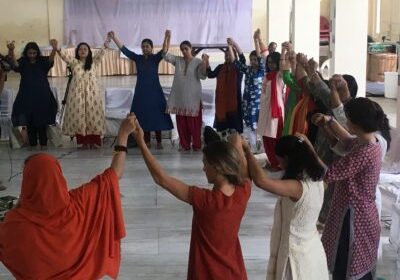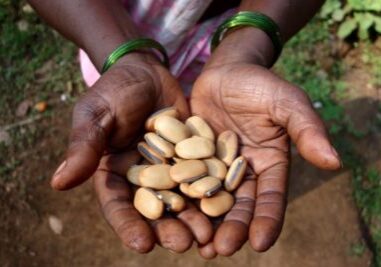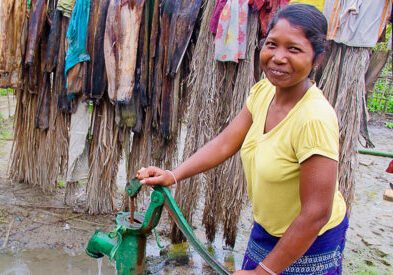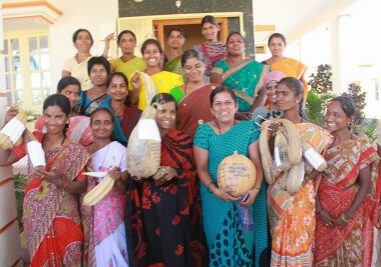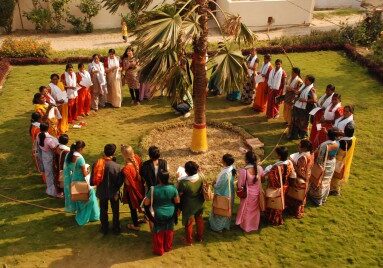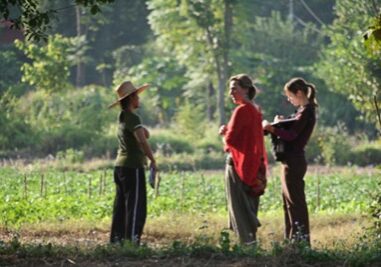FARMING PRACTICES IN INDIA IMPACT GLOBAL FOOD SYSTEMS.
Women and girls in India's tea plantations experience health and economic issues such as malnutrition-driven anemia and low wages from tea gardens. Especially as climatic shocks increase, farmers — especially women farmers — require climate-resilient farming resources, training, and supportive market systems. Approximately 80% of economically active women in India are employed in agriculture, where they grow roughly 60-80% of the country’s food. Escalating climate chaos has brought an alarming surge in extreme weather — including more frequent and intense cyclones, prolonged droughts, and unpredictable monsoons — all of which wreak havoc on agricultural cycles and exacerbate water scarcity. At the same time, chemical agricultural practices contribute to environmental degradation causing biodiversity loss, soil depletion and erosion, and increased water pollution.
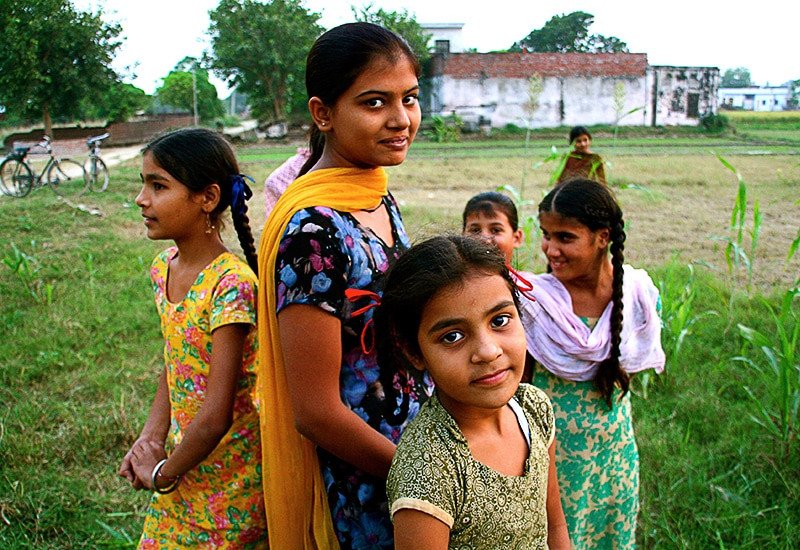
In partnership with our regional Program Leads, WEA works with small scale farmers in east and northeast India to increase their capacity and knowledge in organic best practices, support them to get ther farms certified as organic, and improve supply chain standards. We also support women smallholder farmers in east India to establish nutrition gardens in schools and households, and to become health and community advocates and eco-entrepreneurs. Through our programs, women agriculturalists across India are transforming food systems, increasing food security and nutrition. and strengthening local economies.
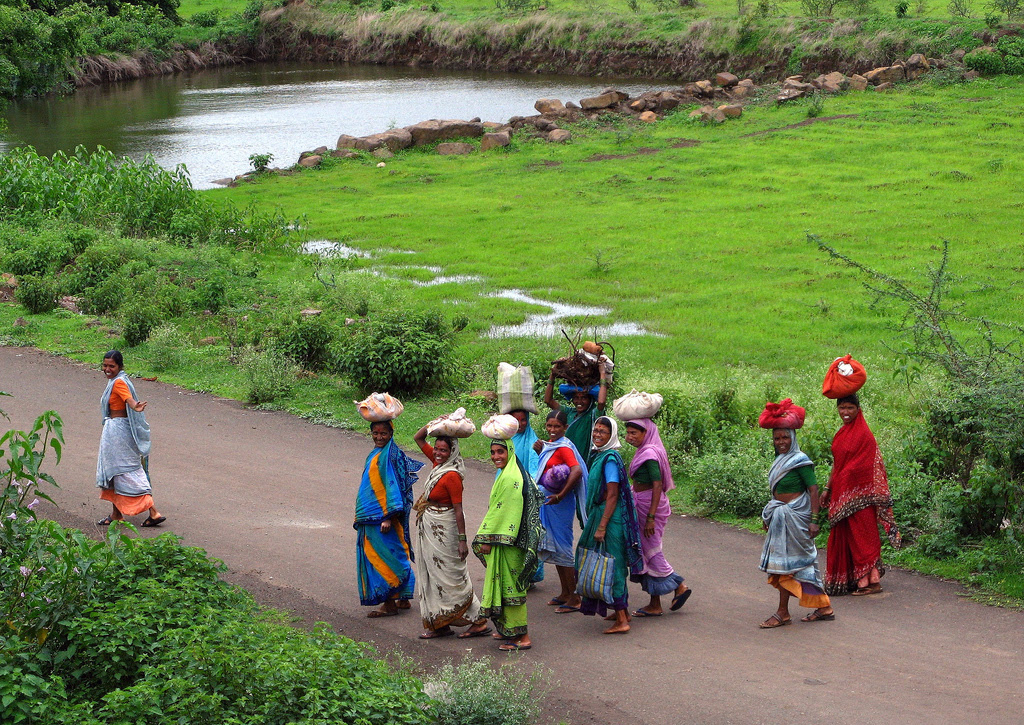
WHAT'S AT STAKE
The agriculture sector in India contributes 14% of the country's total GHG emissions.
For every US $1,000 investment in sustainable farming in India, a US $100,000 government subsidy is allocated for chemical fertilizers.
Women in South Asia have crop yields 20-40% lower than those farmed by men because they lack access to improved seeds, best practices and technologies, and markets.
![]() Regenerative Agriculture and Food Sovereignty: Transforming local food systems, replacing industrial seeds with native seeds, and growing biodiversity.
Regenerative Agriculture and Food Sovereignty: Transforming local food systems, replacing industrial seeds with native seeds, and growing biodiversity.
![]() Economic Autonomy: Growing women farmers' financial literacy and economic security, increasing access to land and resources, and supporting women-led farming groups.
Economic Autonomy: Growing women farmers' financial literacy and economic security, increasing access to land and resources, and supporting women-led farming groups.


